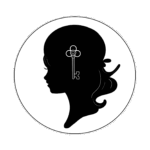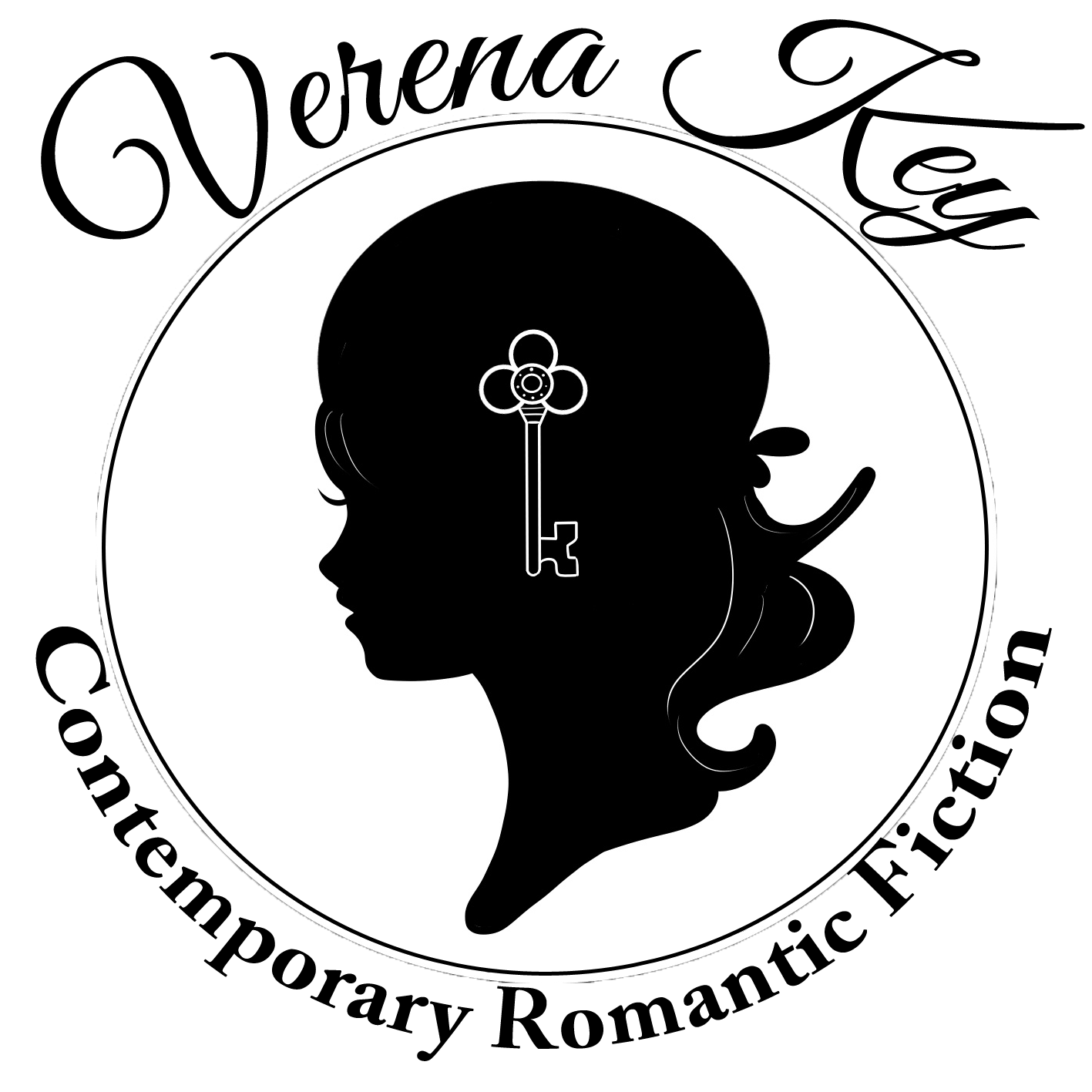Larissa has a problem – will I solve it?
"The Plaything" diaries part 1
 “The Plaything” will be a book about Larissa, a former prostitute, who has played an important role in both “The Neighbor” and “The King of One-Night Stands”. The way the story is going, it will not be a classical romance, in terms of a boy meeting a girl and, after overcoming some obstacles, they go on to live happily ever after. I opt for realism in my books and Larissa has led such a life that the obstacles she’s facing might be impossible to overcome – maybe not for her, but for the man who is her love interest.
“The Plaything” will be a book about Larissa, a former prostitute, who has played an important role in both “The Neighbor” and “The King of One-Night Stands”. The way the story is going, it will not be a classical romance, in terms of a boy meeting a girl and, after overcoming some obstacles, they go on to live happily ever after. I opt for realism in my books and Larissa has led such a life that the obstacles she’s facing might be impossible to overcome – maybe not for her, but for the man who is her love interest.
Why exactly? Larissa is in her mid-thirties and for one part of her life she has slept with a dozen men per day. Sometimes more. Are there men out there who won’t be bothered either by her age or her past? Possibly, but not that many. Because if we are to believe what all the self-proclaimed life coaches for men preach on YouTube, she is too old and not a wife material. She belongs to the category “pump and dump”, meaning that she might be good for sex but not for a long-term relationship.
I did not intend to spend hours looking at misogynist videos on YouTube and even worse comments. Honestly, I didn’t. I just typed in “older women” in the search field, hoping to come across some uplifting videos about women becoming stronger with age and men appreciating the maturity and self-confidence of an experienced partner. Little did I know that the YouTube universe is going to welcome me with several videos of guys marrying their grandmothers, and even more of alpha men explaining how women are only good between fourteen and twenty-four years of age. Twenty-four being too old for some.

The videos were bad and demeaning enough, but the comments were worse. Some of the explanations for the older men’s preference for much younger women bordered on ridiculous. Apparently, men are attracted to really young women not because they have tight, young bodies and are impressionable and easy to manipulate but because they are fertile. And as we all know, the first thing any man thinks about when dating is how to get as many children as possible. With a fourteen-year-old.
Another favorite explanation was that women who didn’t have many partners can better bind to the man during intercourse because they still react to the released oxytocin and have not used up their binding capacity on others. Makes me think of my chemistry classes. The binding capacity is obviously critical only for women. Men can have as many partners as they want – they can still bind to the woman they are sleeping with, no problems there. She just needs to be young enough.
Having imbibed this YouTube wisdom, I became very worried about the fate of Larissa in my book. She has been around the block (another popular way to describe experienced women) and has definitely lost the light in her eyes (that light that’s so important for the YouTube machos is connected with virginity and youth, of course). She might never find the love of her life. Poor girl. Samuel from “The Neighbor”, on the other hand, has really scored a jackpot with a much younger Emma.
Except, Larissa is not poor or used up. And Samuel and Emma faced a lot of problems an age gap relationship carries with it. As I mentioned, I opt for realism, which some YouTube content creators seem to have forgotten about. And in real life, I see people happy in all kinds of relationships. I see women and men of all ages find happiness and comfort in each other, independently of the number of partners they had before.
So, there might be some hope for Larissa yet. That is, if I stop watching YouTube and get back to writing.
Larissa has a problem – will I solve it? Read More »




